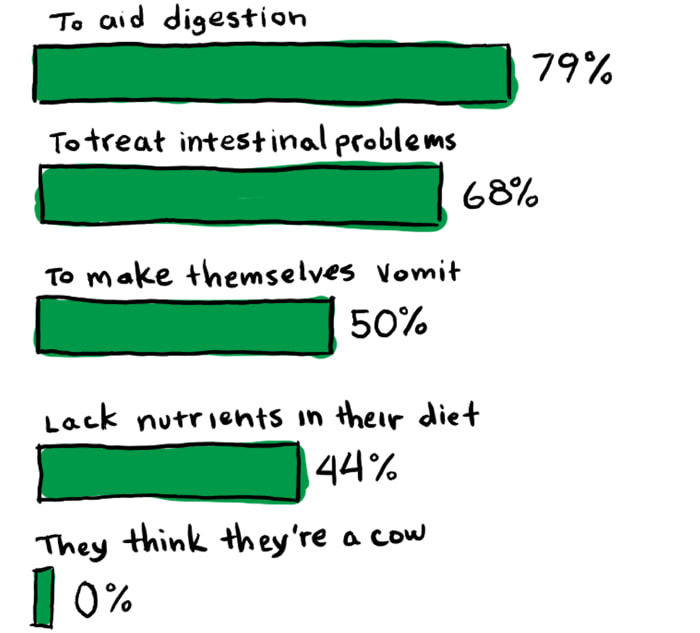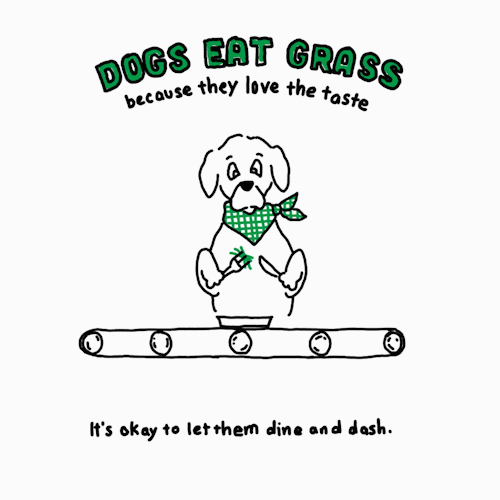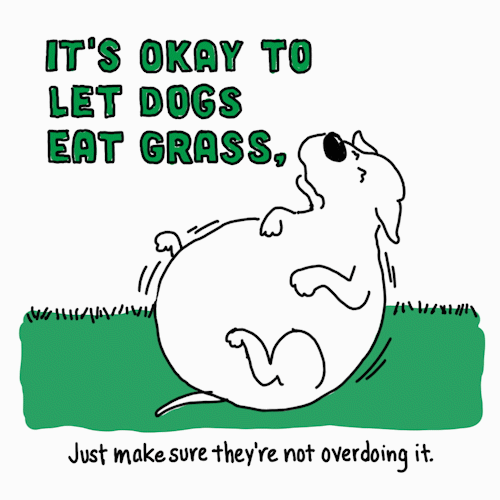

Diet plays a central role in your dog’s overall health and well-being, and it stands to reason that you want to provide your dog the best possible source of nutrition in the dog food you choose. But some nutrients, like L-Carnitine, may be unfamiliar or completely foreign. Learn more about this vitamin-like compound and how it can help your dog maintain a healthy weight.
Carnitine, or L-carnitine, is a vitamin-like compound made in the body from amino acids. It's found naturally only in animal-based protein sources. It has been used to help with fat metabolism in other species, and recent scientific studies show that it can help reduce weight in overweight dogs.
This water-soluble substance attaches to fatty acids, transporting them into cellular mitochondria, the part of the cell that converts fat into a usable form of energy. There, they are broken down through oxidation and converted to energy for all tissues, including the heart, liver, and skeletal muscles. Through this process, carnitine helps reduce the storage of body fat and the amount of fat in the bloodstream.
In a study conducted by The IAMS™ Company, overweight dogs were fed similar diets. One group was given a diet supplemented with L-carnitine while another group received a diet without supplemental L-carnitine.
After seven weeks, the group that received the diet without supplemental L-carnitine lost 1.8% body weight compared to 6.4% body weight loss from the group that was fed the L-carnitine supplemented diet. Likewise, body fat was reduced in each group by 2.4% and 4.6%, respectively.1 The study found that L-carnitine promotes loss of body weight and body fat in overweight dogs.
IAMS™ ProActive Health™ Adult Healthy Weight is formulated with L-carnitine that helps turn fat into energy, providing a path to help keep him fit for life.
1 Sunvold GD, Tetrick MA, Davenport GM, Bouchard GF. 'Carnitine supplementation promotes weight loss and decreased adiposity in the canine.' Proceedings of the XXIII World Small Animal Veterinary Association. p. 746. October, 1998.



In a recent IAMS poll of dog owners,* 69% said their dog eats grass. That’s quite a lot. Owners also have quite a lot of theories on why their dog is noshing on the lawn.

It’s not just modern-day canines that eat grass. It’s likely something that has been going on for thousands of dog years. According to
Opens a new windowDr. Tammie King, Applied Behavior Technical Leader at Waltham Petcare Science Institute, “It is actually normal canine behavior. It has to do with innate behavior from canine ancestors. Potentially a remnant behavior.”
Dr. King also shared this with us: “A lot of people think dogs eat grass when they’re feeling ill, but studies have shown that’s not necessarily true.”
But then why do dogs eat grass? To get to the (grass)root of this issue, we asked
Opens a new windowDr. Jo Gale, BVetMed CertLAS MRCVS Senior Manager of Global Science Advocacy at Waltham Petcare Science Institute.
'There's no one reason. They just like the taste, texture and feel of the grass.'
So it’s perfectly fine if your pooch decides to have an occasional grass snack. Who doesn’t crave a salad every now and then?
However …

If your dog is getting adequate nutrition, there’s no need to worry. But the experts we talked with asked dog owners to please keep in mind the following:
· Grass that’s been treated with weed killer or pesticides should be off the menu.
· If your dog is eating grass excessively or routinely vomiting from eating grass, consult your vet.

Looking for the perfect dog food to pair with their side of sod slaw? IAMS has the answer for that, too.
*Surveyed U.S. dog owners, age 18+
Sample Size: n=201
Fielded May 8 to May 10, 2020